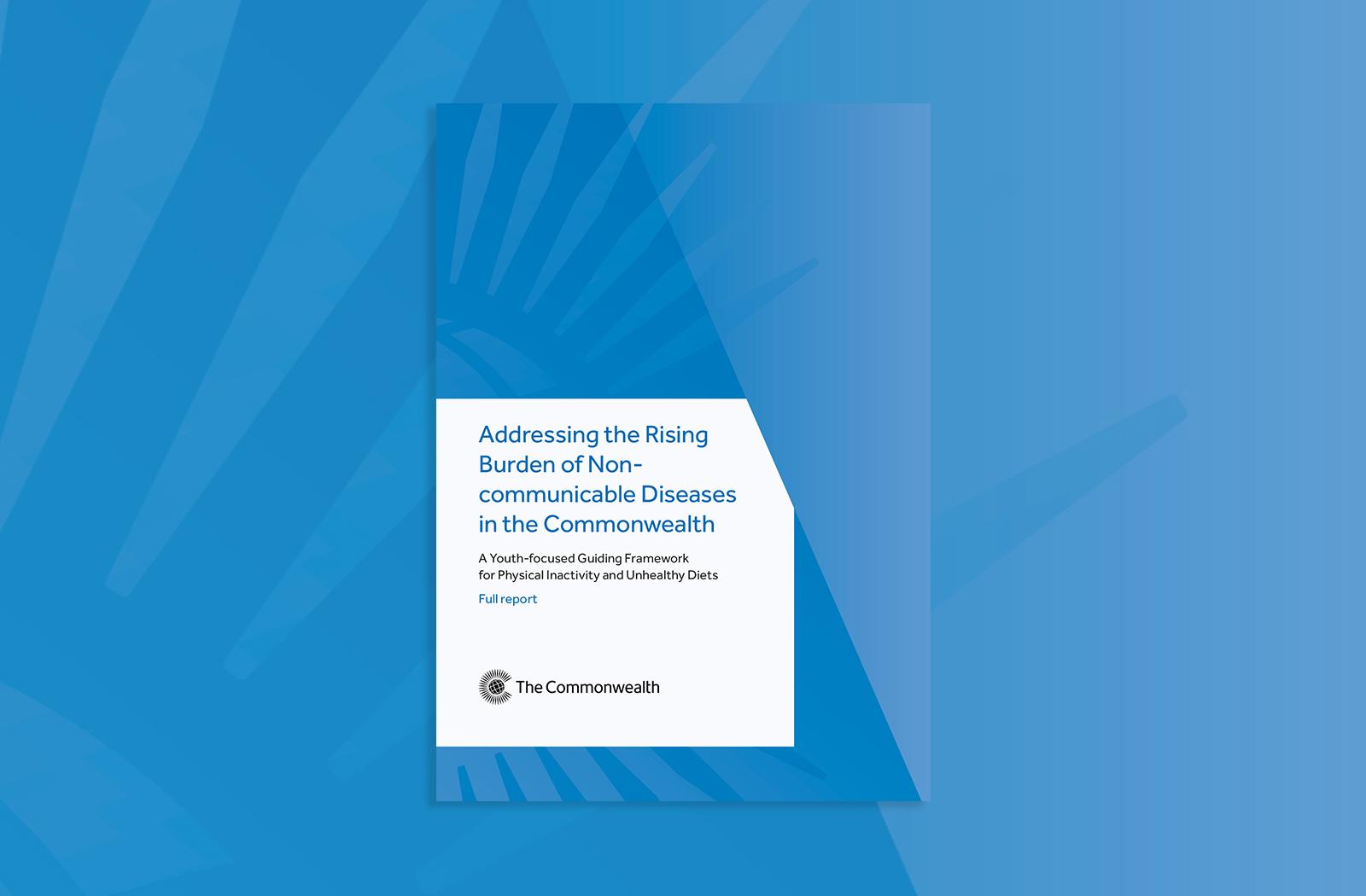
This impact of NCDs is felt most acutely in the world’s small island developing states (SIDS), of which 33 out of 42 are Commonwealth member countries. The Commonwealth’s SIDS have some of the world’s highest rates of diabetes and obesity, which are key risk factors for cardiovascular diseases.
The Commonwealth is, therefore, disproportionately affected by premature, preventable deaths due to NCDs, which in turn have a profound impact on the prevalence of mental health issues and on economic prosperity, and are a major threat to sustainable development. If these diseases are not prevented or effectively controlled, there will be dire repercussions on healthcare costs and labour productivity.
Physical activity has significant health benefits for mental health and physical health, including the cardiovascular, mind and musculoskeletal systems. In the area of mental health, regular physical activity can enhance thinking, learning and judgment skills, and it ensures healthy growth and development in young people. People who are insufficiently active have an increased risk of non-communicable diseases and increased risk of all-cause mortality compared to people who are sufficiently active.



